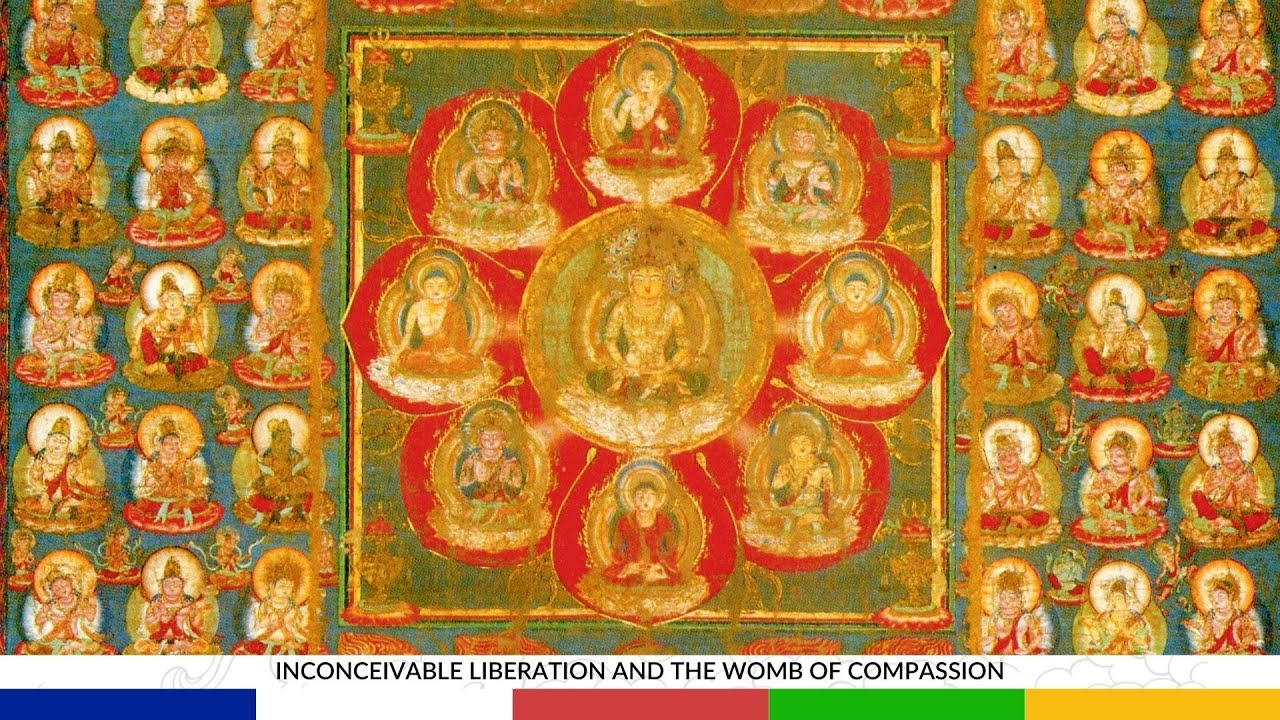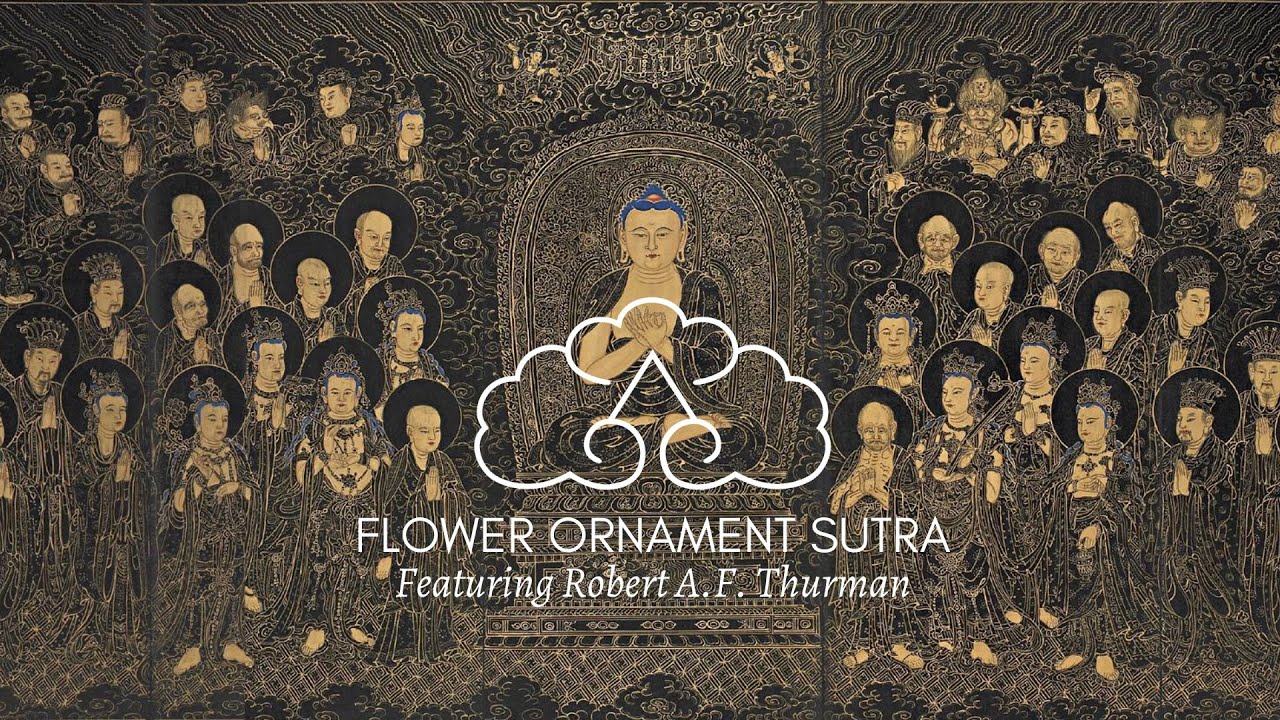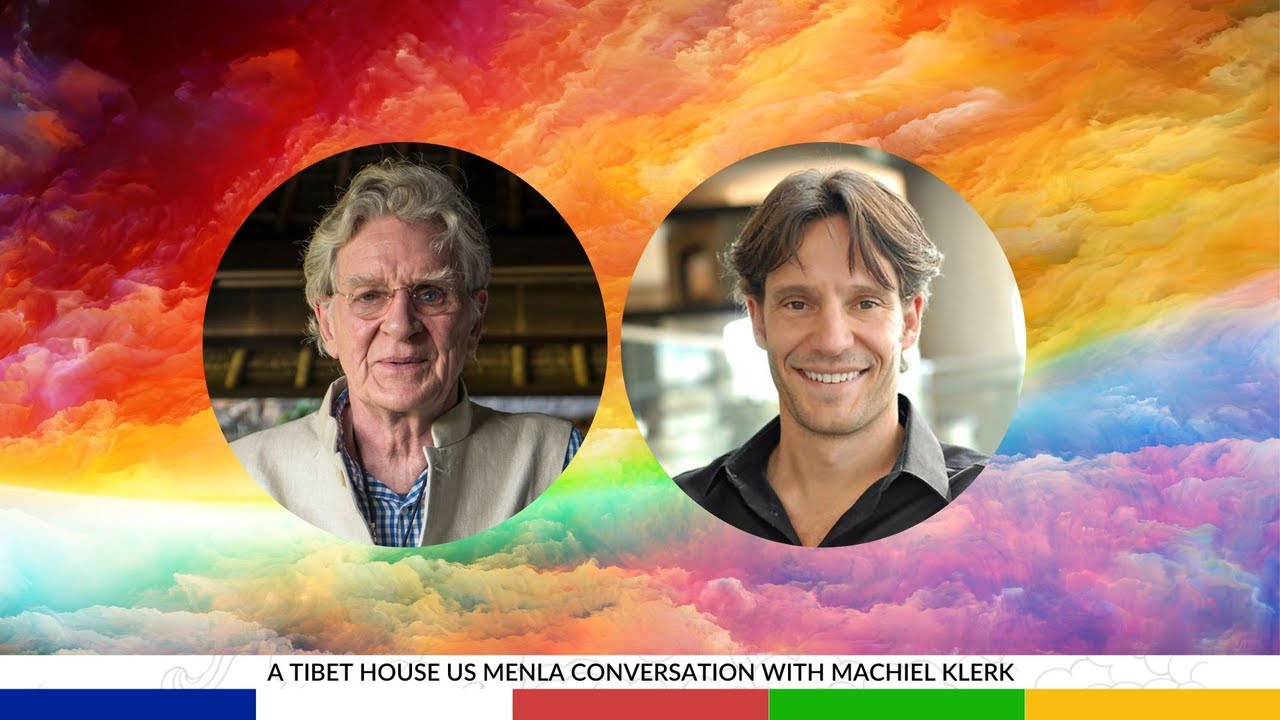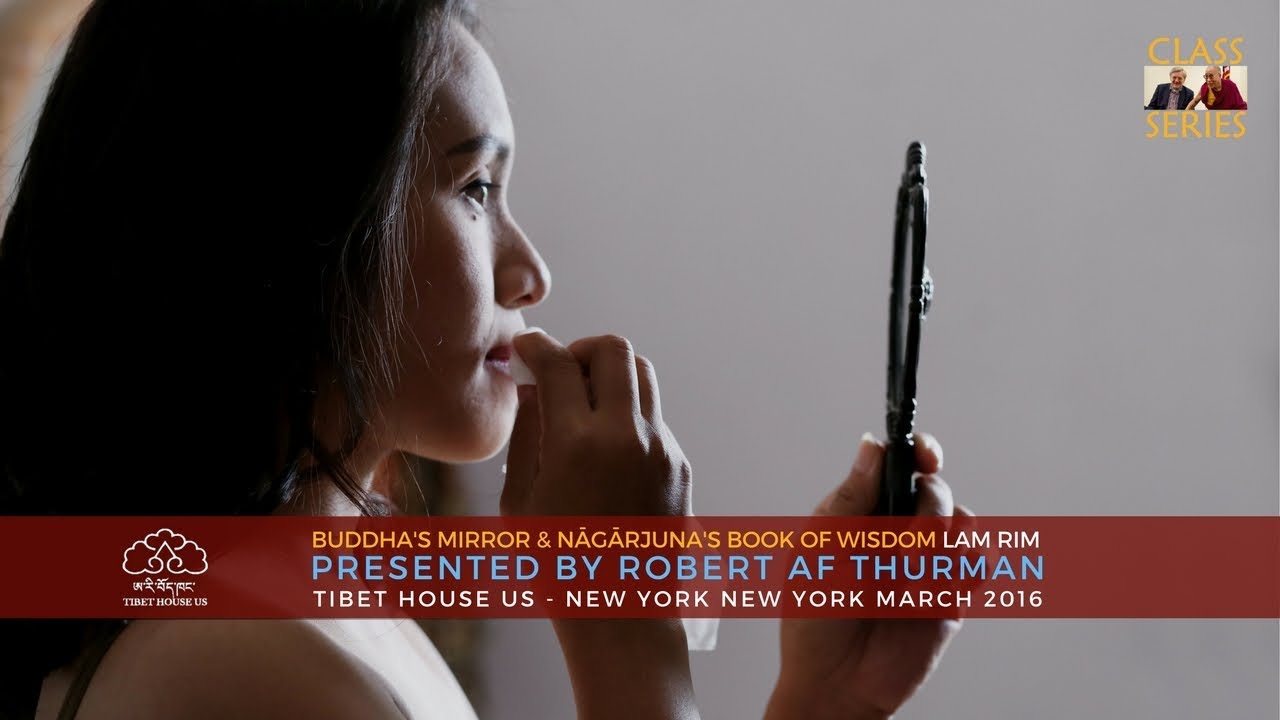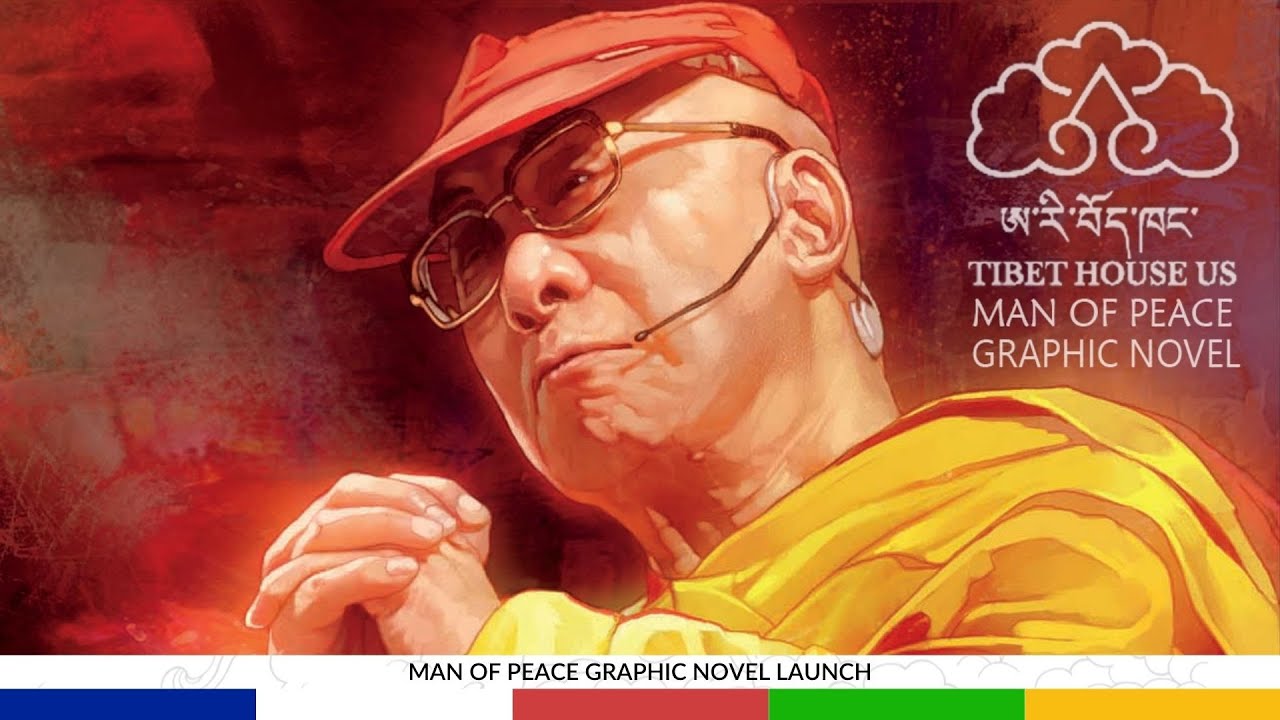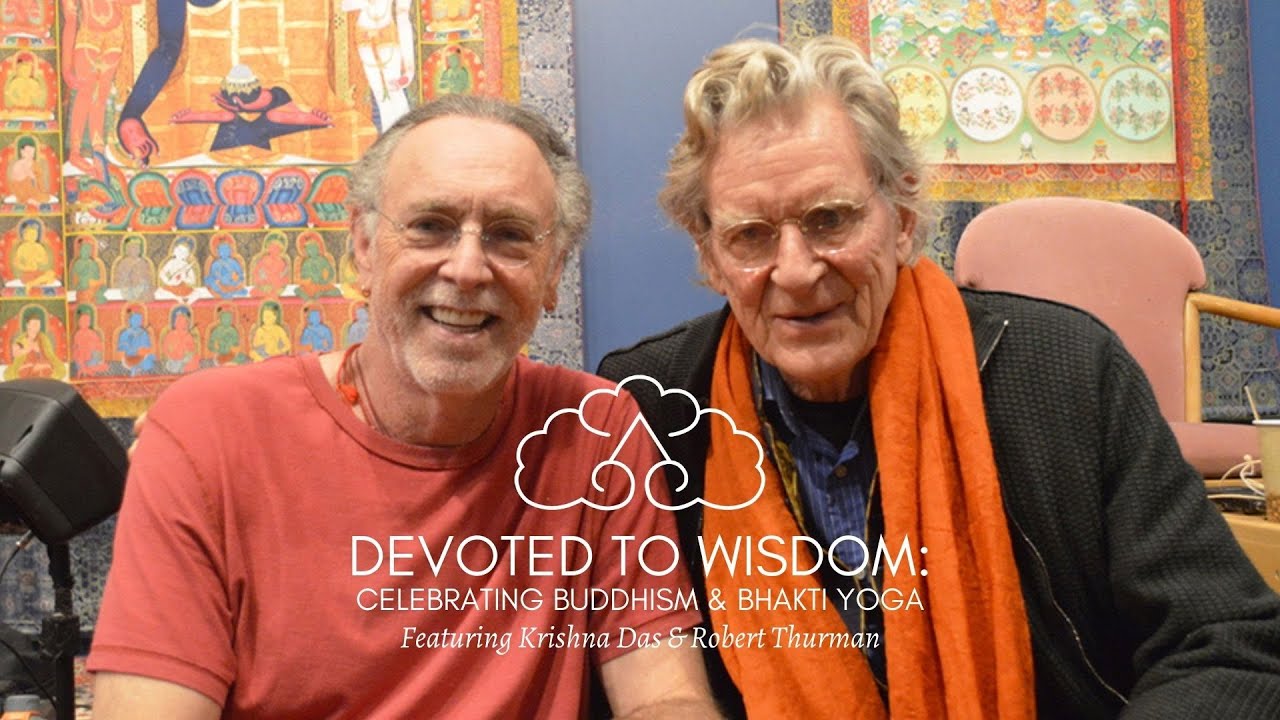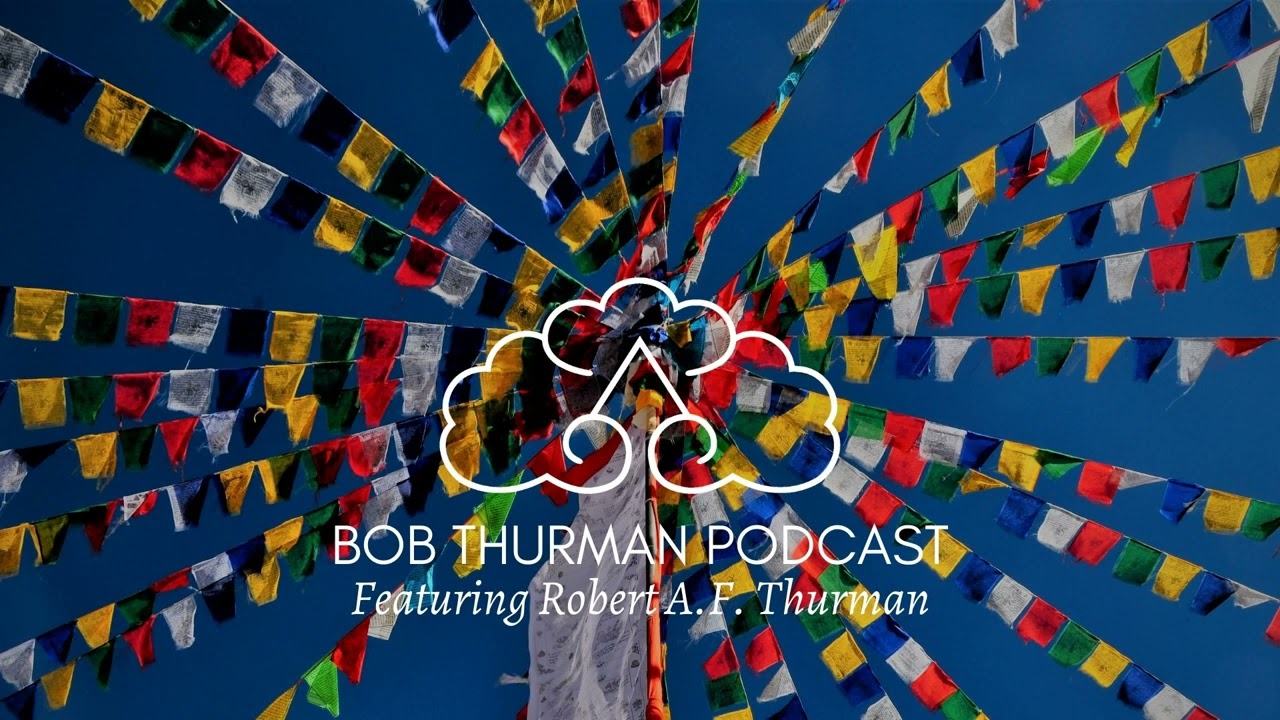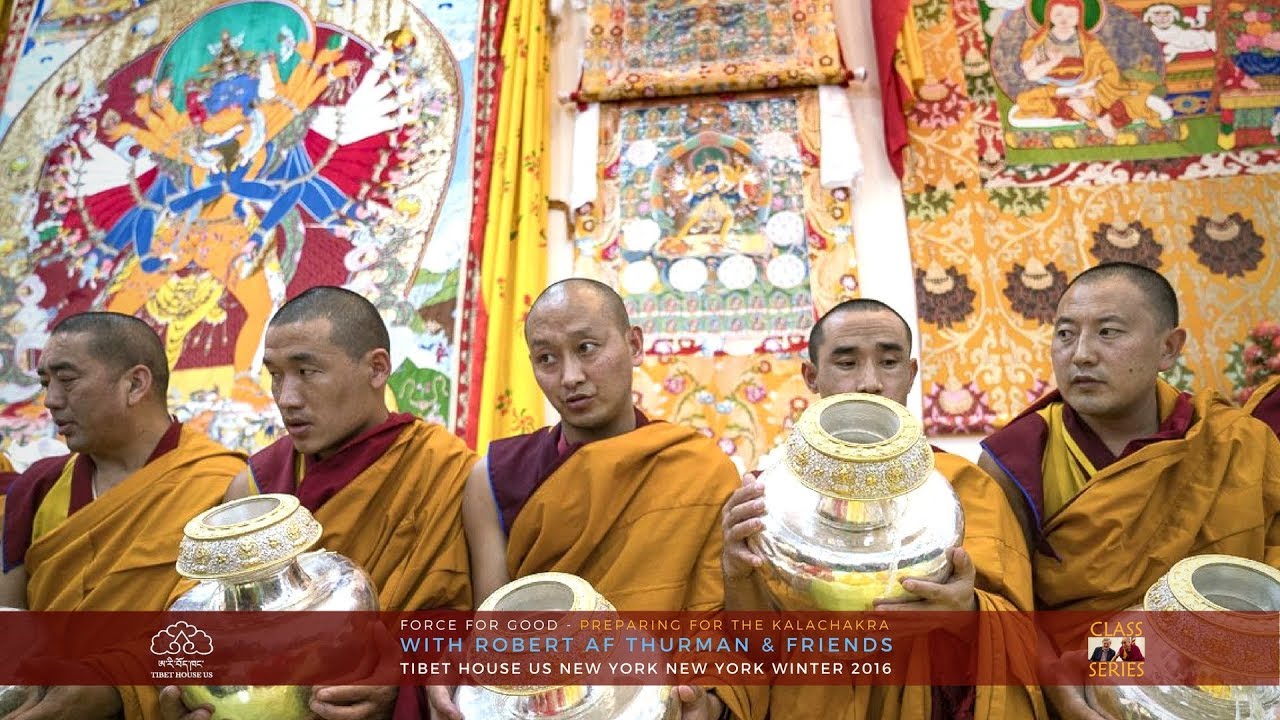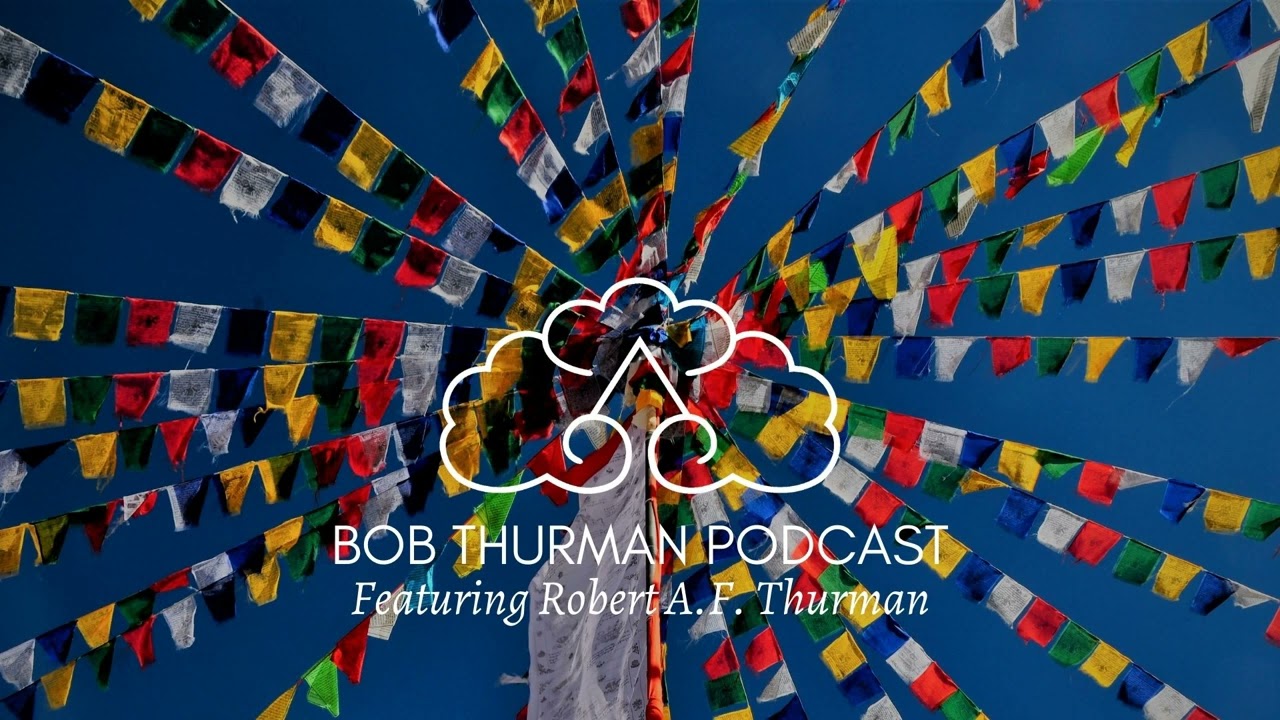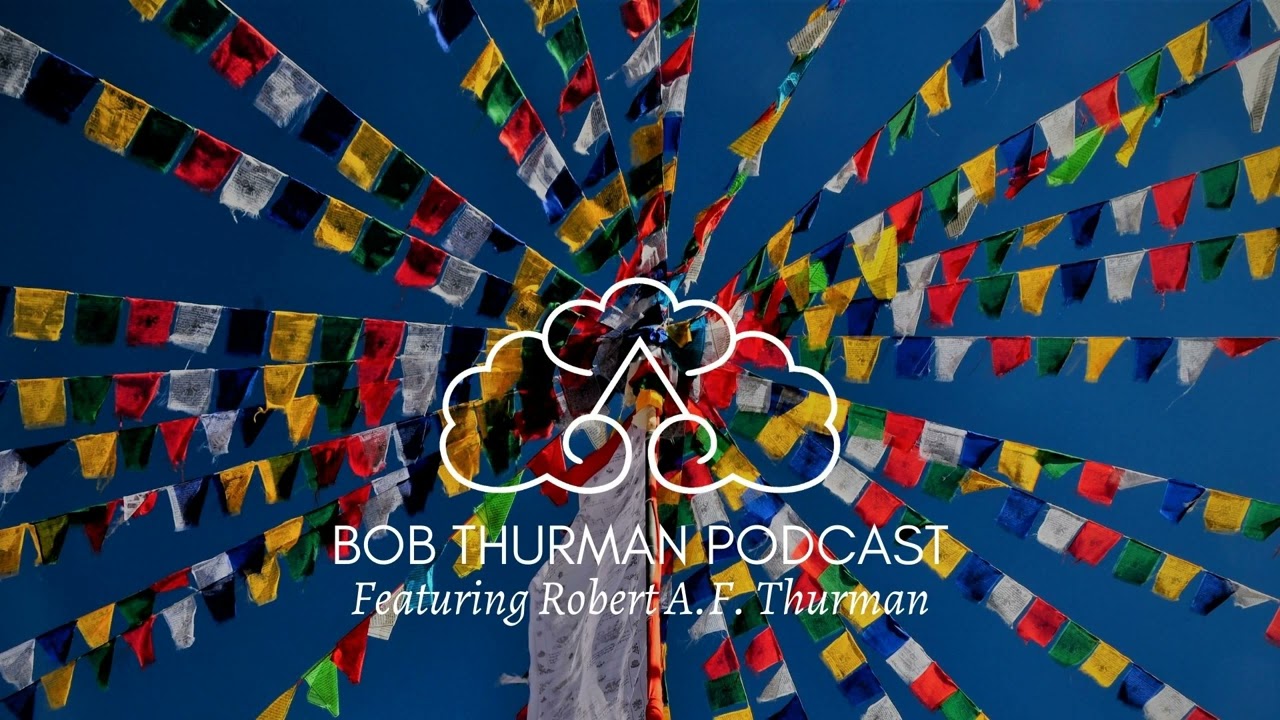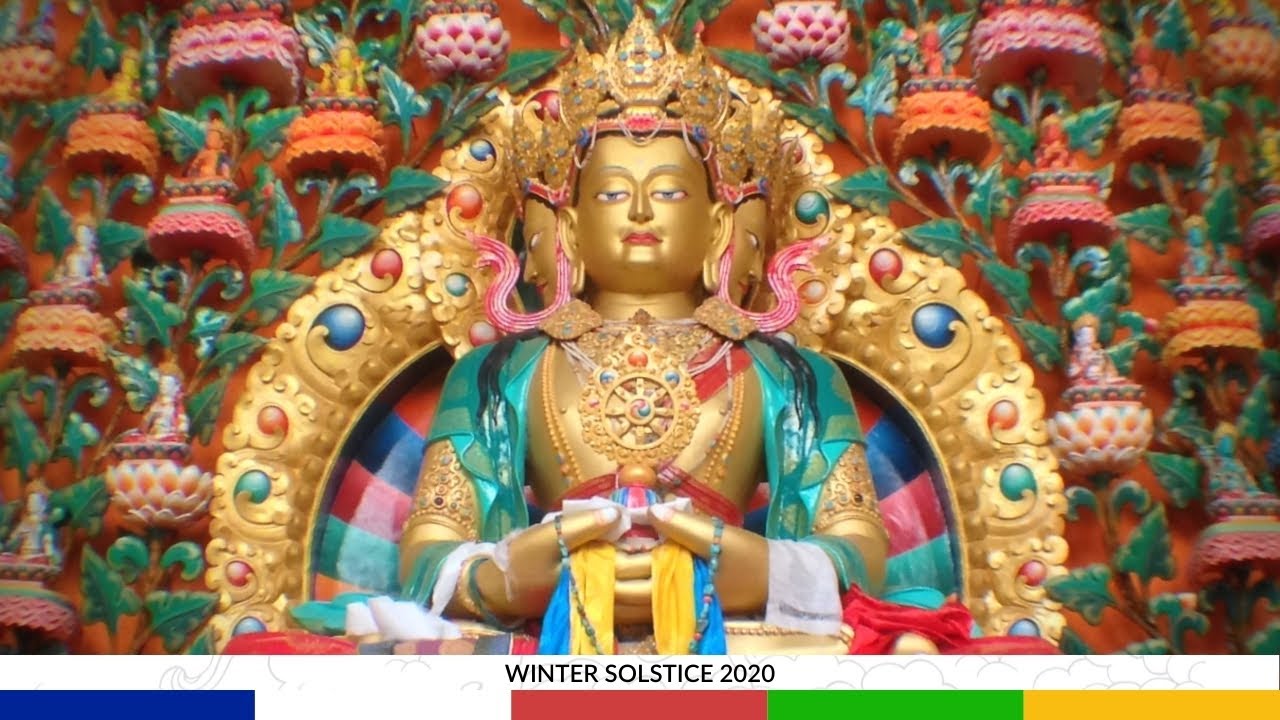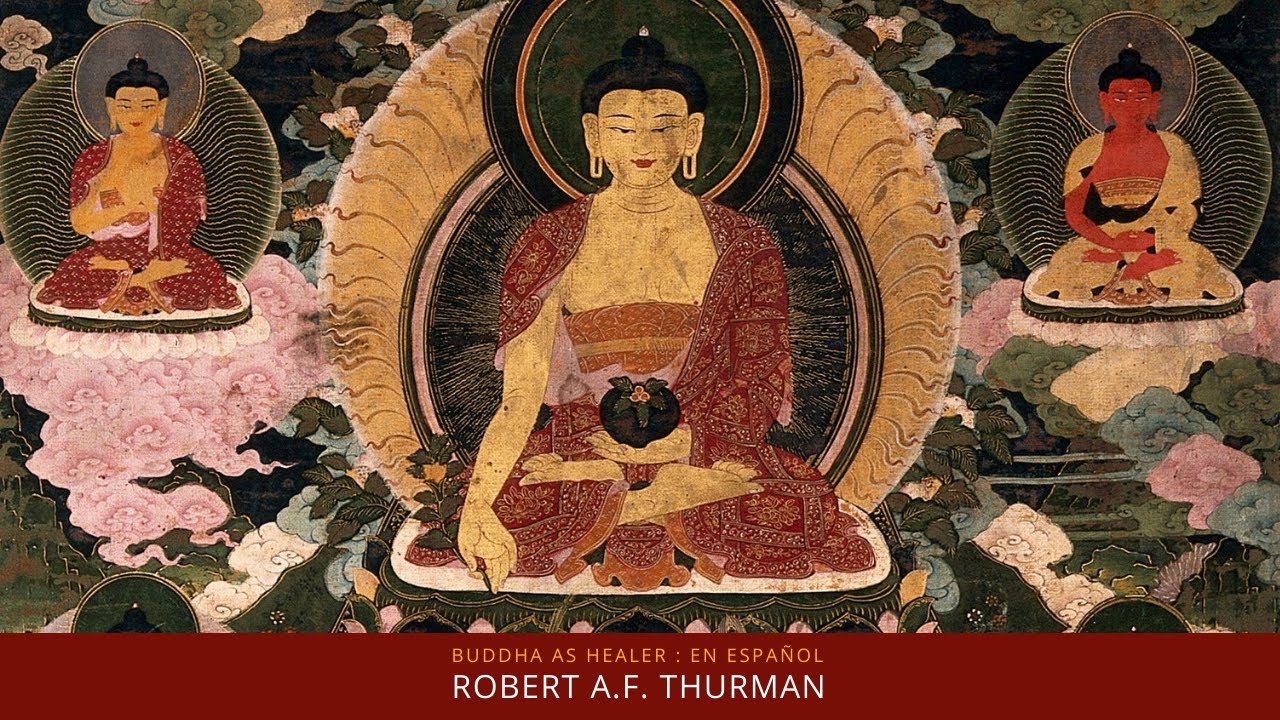H. H. DALAI LAMA’S A FORCE FOR GOOD: BUDDHIST SCIENCE SOURCES FOR PRACTICES BEYOND RELIGION
Ancient and Modern Teacher’s Training Continued
Robert Thurman
February 1
Introduction—Buddhism as Scientific System, enabling qualityof life emotional yogas
Readings: WB, 1; IL, Intro and Part 1, Ch. 1.
This is our ongoing long-term curriculum on H. H. Dalai Lama’s world initiatives (secular aspects detailed in Dan Goleman’s milestone Force for Good). Its broad vision can be gleaned from His Holiness’s “secular ethics” theory (Beyond Religion), His teachings of universal compassion and universal responsibility (Flash of Lightning in the Dark of Night), His world religions’ collaboration appeals (Toward a True Kinship of Faiths), His call for an ethical revolution (Ethics for the New Millennium), His Nobel Peace Laureate for nonviolent activity in seeking a win-win solution for Tibet and China in the face of China’s ethnicidal policies (My Appeal to the World, and Man of Peace: The Illustrated Life Story), His dialogues with materialist scientists through American Institute of Buddhist Studies, Tibet House US, Mind and Life Institute, and the Emory Initiative (The Universe in a Single Atom), His “Science for Monks” program, and His opening the study of the esoteric Tantras through his 33 Kalachakra Grand Initiations.
The “root text” for the spring course is Shāntideva’s Way of the Bodhisattva, (WB) trans. Padmakara, along with R. Thurman’s meaning- yoga commentary Infinite Life (IL). Shāntideva is a direct spiritual an- cestor of H. H. Dalai Lama, as prime holder of the teaching of universal compassion, universal responsibility, and the transcendent wisdom that is their reality source.
March 8
Conceiving the Spirit of Enlightenment (or “the Awakening mind”)
Truly conceiving the spirit of enlightenment requires understanding causality, which leads to understanding emptiness, leading to immersion in relativity, which necessitates the enlightening spiritual conception. Readings: WB 2–3; IL Part 1, Ch.2.
Wisdom Transcendence
Although Shāntideva deals with the transcendent perfection of wisdom in his 9th chapter, we will consider it in detail before launching into the other five main transcendences, as none of them can be tran- scendences until they are guided by wisdom. That is generosity, justice, tolerant patience, creative effort, and meditation cannot be transcendent perfections until they are infused with wisdom’s intuitive knowledge. Again, please try to read at least part of the text ahead of the class. Readings: IL, Part 2, ch.3.
March 15
Generosity and Justice Transcendences
Once some degree of intuitive wisdom is in place, the practices of generosity and ethical justice become bodhisattva transcendences. We will work through these chapters in detail. The IL commentarial chapters sketch out initial contemplative and activist practices that can be implemented by contemporary bodhisattvas, and, if the class members have pre-read these chapters, we will discuss the options offered. This holds for the following class as well. Readings: WB, Chs. 4-5; IL, Chs. 4,5.
March 22
Shūnyatākarunāgarbham Emptiness the Womb of Compassion
This evening will focus on Nāgārjuna’s famous phrase from the Rosary of Jewels in connection with the early chapters of the Entry to the Life- style (Way) of the Bodhisattva. Main points of WB; Ch. 9 will be addressed, touching on the most important sources of wisdom-compas sion nonduality. Reading at least part of the assigned readings ahead of the class in this and following sessions will allow for more active discus- sion, with questions prepared and insights queued up for deepening. Readings: WB, Ch. 9.
Patience and Creativity Transcendences
Most important here is the famous presentation of the yoga of patience as the antidote to anger/hate, with its three varieties of tolerant patience, insightful patience, and forgiving patience. Mastering this to some degree is essential to the compassion yoga of the eighth chapter, the “equal exchange of self and other” mind-transformation of the activated spirit of enlightenment. Readings: WB, Chs. 6–7; IL, Chs. 6–7.
March 29
Meditation / Realization, Wisdom, and Compassion asArt Transcendences
In this concluding session, we will move back to the famous “equal exchange of self and other” mind-transformation insight and practice that is considered the supreme yoga of cultivating the bliss of universal compassion that is the ultimately effective engine of activism that really can help alleviate the sufferings of other migrant beings throughout their lives and deaths and transition between. Will then open toward the ongoing development of the seventh transcendence, the art (upāya, “method,” also translated as “skill in means”) transcendence, if time allows this will entail some sketch of the art of Tantra, which follows naturally from the intensity of the bodhisattva’s drive to alleviate others’ sufferings as swiftly as humanly and “buddhaly” possible. Readings: WB Ch. 8; IL. Chs. 8–9.

